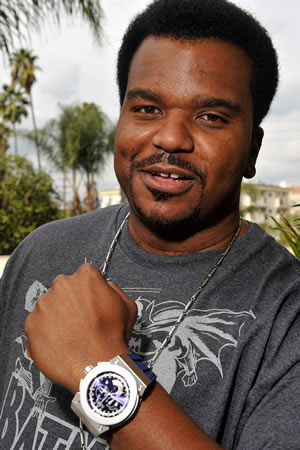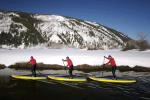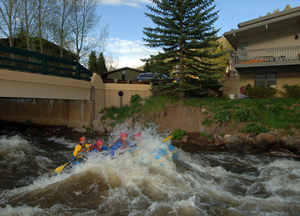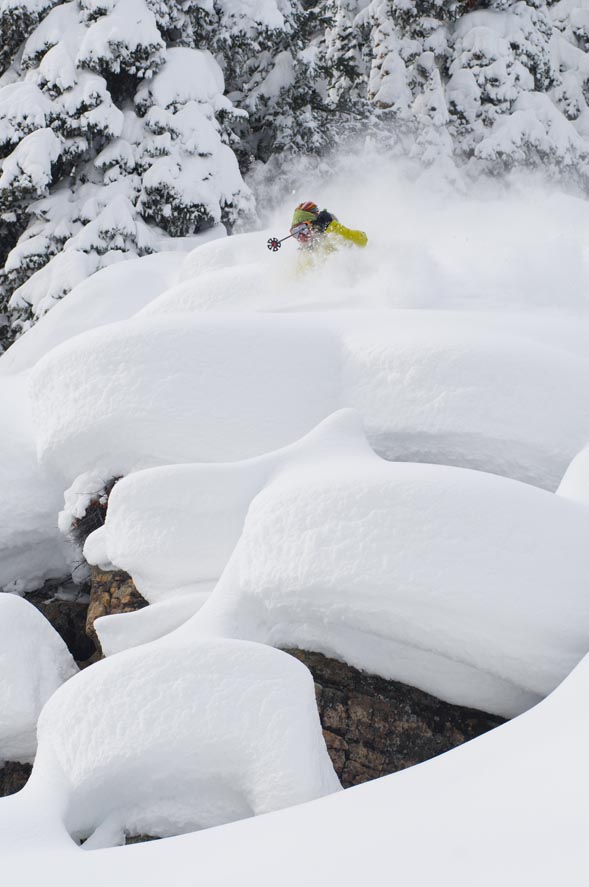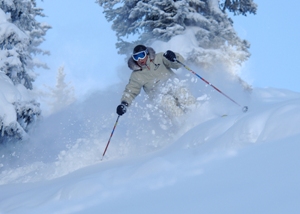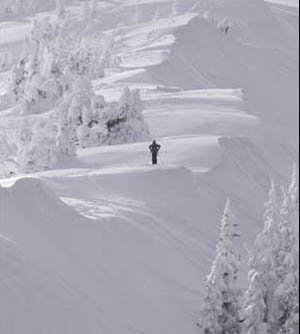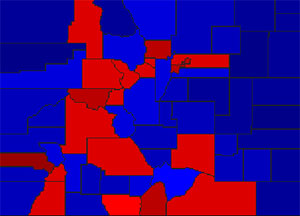
theelectoralmap.com theelectoralmap.com
How Obama will win Colorado November 4
October 28, 2008 —
I sat down with an Obama staffer this past January and asked him a simple question: “Do you think Obama will win the Colorado caucus on Super Tuesday?”
Polling at the time showed a dead heat between Sen. Hillary Clinton and Sen. Barack Obama, but the Obama staffer told me Colorado would come out strongly for Obama. News from teams on the ground – not pollsters – gave him a confidence which seemed almost rash, and I waited for a “knock on wood” from the staffer.
The staffer’s knock-on-wood never came, but victory most certainly did. In the primaries, Clinton grabbed victory in Pueblo and a few rural counties in Eastern Colorado, but Obama came away from the caucus with a landslide: 80,113 votes (66.6 percent) to Clinton’s 38,839 (32.3 percent).
The reason is because national polling is not as accurate as many might think. There are polls, more polls, and polls which are a collection of polls. Hundreds of calls are made every hour, every day, as polling organizations do the math and crunch the numbers, trying to figure who will win the mandatory 270 electoral votes in the general election this November.
Many might think that such polls are simply a matter of calling up voters and asking a series of simple questions, but demographic information plays a large role, too.
And that’s where pollsters go wrong.
It’s a vast and difficult thing to have your finger on the pulse of the nation at large, so pollsters make up the difference with demographic information such as the state’s voting history, a county’s voting history, combined with the age, race, and income of the pollster respondent.
Pollsters also call land lines almost exclusively, and many voters (myself included) don’t have land lines any more.
It’s difficult to get more than a general sense of the feelings of the nation at large, but we can certainly get a sense of what’s happening in Colorado.
Colorado has voted Republican in every presidential election since 1968 except for one – 1992.
This year, however, Colorado will once again shift to the blue, and here’s why:
Based on fundraising maps, newspaper endorsements, and a bit of Colorado intuition, it’s clear to see that Obama will win Pueblo and Boulder – two of our largest population centers which have voted Democratic in the past. He will also win all the mountain counties, such as Summit, Grand, Pitkin and Eagle, which all voted for Kerry in 2004. The race will be close in Fort Collins, and McCain will likely win Colorado Springs and Grand Junction.
The advantage Republicans gain in Colorado Springs and Grand Junction, however, will be undercut by Hispanic support for Obama, which is showing itself in southern Colorado from Lamar to La Junta to Durango and Montrose.
Kerry lost Colorado in 2004 by a mere 4.7 percent – the fifth closest outcome of the election. Since then Colorado’s population has been growing, and Democratic voters now rival Republicans while unaffiliated voters make up the largest voting bloc in the state. According to the Rocky Mountain News, of Colorado's 3,193,660 registered voters, 33.2 percent are Republicans, 32.8 percent are Democrats and 33.4 percent are unaffiliated.
But there is more to it than just numbers. Sen. John Kerry was a weak candidate who bobbled his words and reacted slowly to the Swift Boat attacks. His “My name is John Kerry and I’m reporting for duty,” accentuated by a solemn salute at the 2004 Democratic Convention, helped frame that election around the issue of national security. American voters, when pressed, will always err on the side of strength, and fairly or unfairly, Democrats are seen as weaker on national security.
Times have changed and so have the candidates. This election has been framed around change and the economy, health care and education. Within that framework Obama has explained himself clearly, surrounded himself with top-notch advisors, and maintained the calm poise required of a leader in difficult times.
He also has more money than any political candidate in history, and is the first Democratic presidential candidate in memory to have more money than his Republican rival.
In the meantime, green energy has moved to the center of the national agenda for the first time, arguably, in history. Colorado, as home to the National Renewable Energy Laboratory, stands to benefit greatly from Obama’s aggressive approach to modernizing our national energy technologies and infrastructures.
What about race? Simply put, race isn’t as much of an issue here in Colorado as it is out East, down South, or in southern California. I don’t have any evidence of that except that I’ve lived here my whole life and that’s just the way it is — call it Western Rugged Individualism. So don’t count on the Bradley effect in Colorado.
And here are the final few nails in the coffin: Republicans are in trouble. George W. Bush has presided during a time of massive economic downturn, two wars (one of which was unjust), and multiple, severe scandals (remember Scooter Libby, Alberto Gonzales, and Valerie Plame?). The chances of Coloradoans electing another Republican after so many unsuccessful, embarrassing episodes are very slim.
One never knows what may happen in the general election. I can, however, take a cue from the Obama staffer I spoke to this past January and predict, without a knock-on-wood, an Obama victory in Colorado November 4.
And for the record, I’ll make a prediction that he wins 58 percent of Colorado’s popular vote.
![]() 2 Comments on "How Obama will win Colorado November 4"
2 Comments on "How Obama will win Colorado November 4"
Andrew Kenneth — October 28, 2008
You are forgetting one other critical factor, WATER RESERVES
McCain favours redistribution to Arizona and Nevada, and has publicly stated that.
I am surprised this isn't publicised but it is a known fact
Carol — October 28, 2008
If the rally I attended in Ft. Collins on Sunday is any indication, Obama will win Larimer county! The campaign organization and the number of volunteers here is just amazing. Go Obama!




